U.B. Participates In Regenerative Livestock Training
The University of Belize and The Nature Conservancy collaborated on a two-day workshop in which students learned about regenerative farming practices in order to boost efficiency and sustainability. News Five’s Britney Gordon visited the University Of Belize’s Central Farm Campus today to learn more about it. Here’s the story.
Britney Gordon, Reporting
Students at the University of Belize’s Central Farm Campus are on their way to pioneering the next era of sustainable agriculture. The university collaborated with The Nature Conservancy which is hosting a two-day workshop for students to learn how to use the resources on campus and new techniques to reduce the agriculture sectors impact on the environment. Ub’S Livestock Lecturer, Daniel Juan spoke with us about this endeavor.
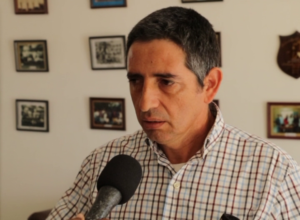
Daniel Juan
Daniel Juan, Livestock Lecturer, U.B.
“So UB partnered with the Nature Conservancy through Dr. Chi to design and implement a silvopastoral system. And a silvopastoral system essentially is trying to find mechanisms and protocols to see how we can incorporate as many trees and shrubs and plants into existing pastures that have livestock already, so that we can improve, primarily, profitability for the farmers, but also to enhance our ability to safeguard the environment.”
Juan stated that this phase of the project is almost complete.
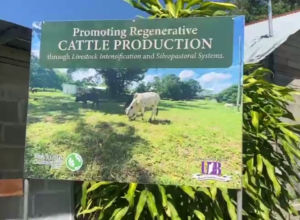 Daniel Juan
Daniel Juan
“So this project, we are implementing it here at the university, we are creating a model farm. We are almost at the end of the first year of the implementation phase and part of what we do is, we involve our students and we also involve partners like other livestock farmers and we also invite other stakeholders for workshops such as this where we disseminate the, our findings to date and we make recommendations as to how to proceed.”
We also spoke with Titus Lightburn, a Climate Smart Agriculture Major at the university, to hear what he’s taken away from the workshop thus far.
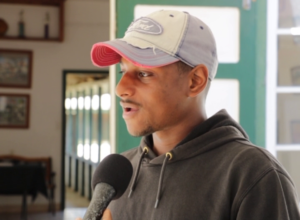
Titus Lightburn
Titus Lightburn, Climate Smart Agriculture Major, U.B.
“You learn about you being sustainable and being more efficient as in, the rule of thumb is for one cow is two acres of land. So if you have ten cows you need twenty acres, but now at these workshops you’re learning I don’t need as If I want to raise thirty cows, I don’t need sixty acres or whatever. I can do it on twenty. I could do it on thirty acres, one acre per cow, but simply it’s all about how you rotate them in the pasture, what kind of supplemental feeding you’re giving them and stuff like that. So you learn to be way more efficient and way you learn to make more money. So by being efficient, you learn to make more money.”
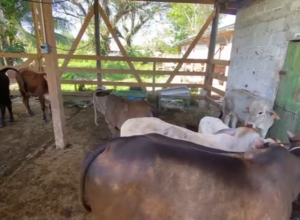 Luciano Chi, a Regenerative Agriculture Specialist, explained that this workshop and the implementation of its lessons are just part of TNC’s strategy to reduce the agriculture sector’s environmental impact. There are also plans to target the wheat and sugar industry in upcoming projects.
Luciano Chi, a Regenerative Agriculture Specialist, explained that this workshop and the implementation of its lessons are just part of TNC’s strategy to reduce the agriculture sector’s environmental impact. There are also plans to target the wheat and sugar industry in upcoming projects.
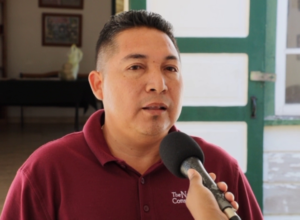
Luciano Chi
Luciano Chi, Regenerative Agriculture Specialist, TNC
“So one of the components of the program with the University of Belize is a model farm where we can prove all the different practices that are important inside a silvopastoral system. The component also has a training component to it that allows for practicing this practices on the training our farmers in all of these practices that we are evaluating at the field level. So again, the model firm serves as a school for our farmers, but at the same time we are providing them with the technical knowledge to training to the training component that will improve their knowledge and their skills in management of livestock.”
Britney Gordon for News Five.





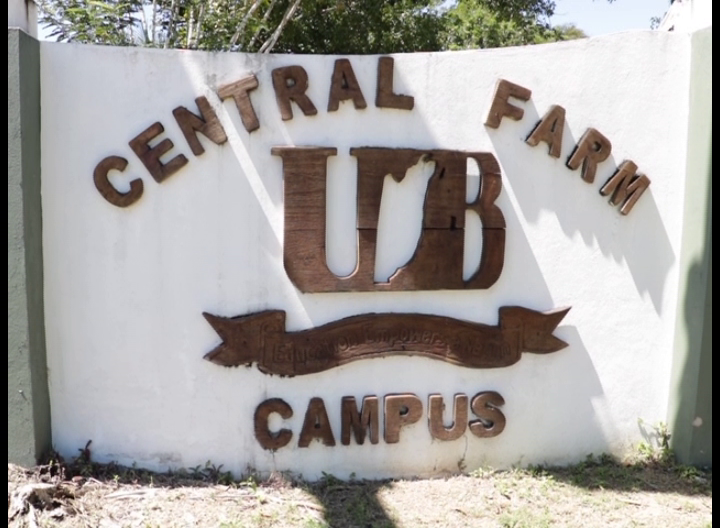
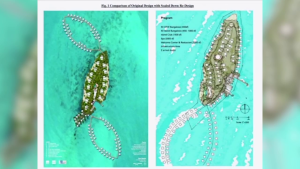
Facebook Comments